|
-
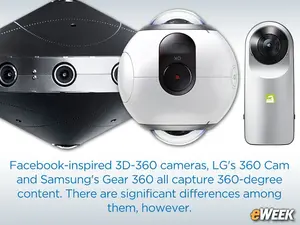
A Comparison of 360-Degree Cameras From Facebook, LG, Samsung
Facebook-inspired 3D-360 cameras, LG's 360 Cam and Samsung's Gear 360 all capture 360-degree content. There are significant differences among them, however.
-
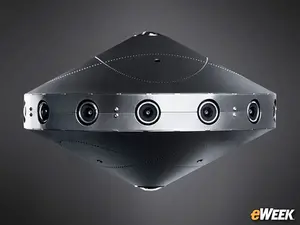
Facebook Takes an Open-Source Approach
Facebook has a different idea for 360-degree cameras than LG or Samsung. Facebook has open-sourced its design concept in the hopes that other companies will develop cameras based on its specifications. Samsung and LG, on the other hand, are selling their own, proprietary designs like any other hardware maker. Still, Facebook has a concept in hand and will work with companies to make their own 360-degree cameras a reality.
-

Facebook Also Has the Top Social Platform
The allure of Facebook's foray into 360-degree cameras is its platform. The company has made Facebook, the world's largest social network, a veritable playground for 360-degree content. That's an important point. All of the companies competing in the hardware market need to help users find a place to put their content. Facebook, which is home to countless photos and videos, is arguably the top destination for that.
-
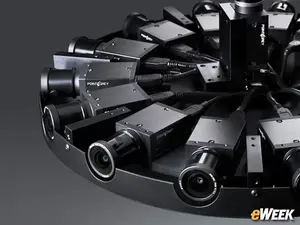
A Different View on Cameras
Facebook has a slightly different view on how a camera could ultimately deliver 360-degree video. The company's concept, for instance, is a 17-lens device that captures content at several angles and stitches it together. LG and Samsung use a dual-lens technology, which reduces cost and also allows users to create either 180- or 360-degree content.
-
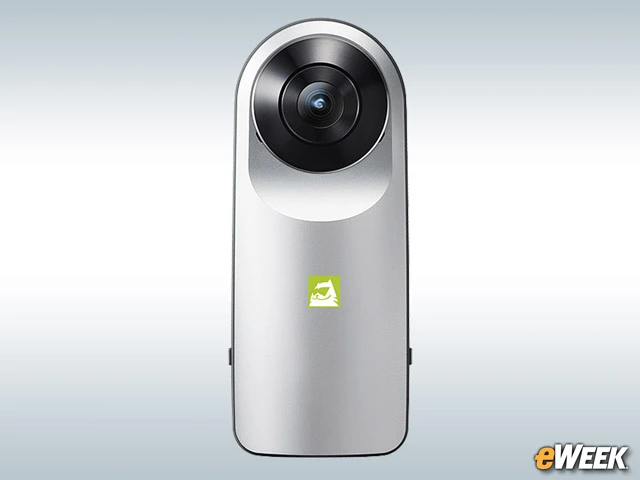
Camera Size Could Make a Difference
Size could be an important consideration for those who want to create virtual or 360-degree environments. LG's 360 Cam, for instance, is designed for users to create content outside and is less than 4 inches tall. Samsung's Gear 360 is a similarly mobile, orblike product. Facebook's concept, on the other hand, is bigger than a human head. If size affects usability, going with a Facebook-inspired camera over one from Samsung or LG could be a mistake.
-

Camera Resolution Is Another Important Factor
Camera resolution is another important consideration. The higher the resolution is, the better. Samsung's Gear 360's video recording delivers near-4K resolution. LG promises 2K video, which is notably lower resolution than what's available in its top competitor. Facebook is the clear winner here, though, saying that its technology is capable of exporting at up to 8K video resolution, depending on the device.
-
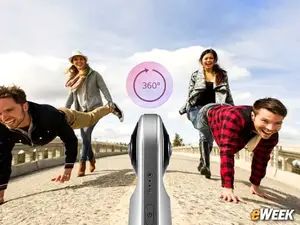
Viewers Want High-Quality Audio
Creating a 360-degree video that can be explored by viewers requires high-quality audio. Facebook says that its concept will deliver full surround sound, so viewers can swing around and see what they heard behind them. LG says its camera offers 5.1-channel surround-sound recording. Samsung's Gear 360 comes with two microphones that can record in stereo. Consider that and how it impacts the 360-degree experience before buying a device.
-
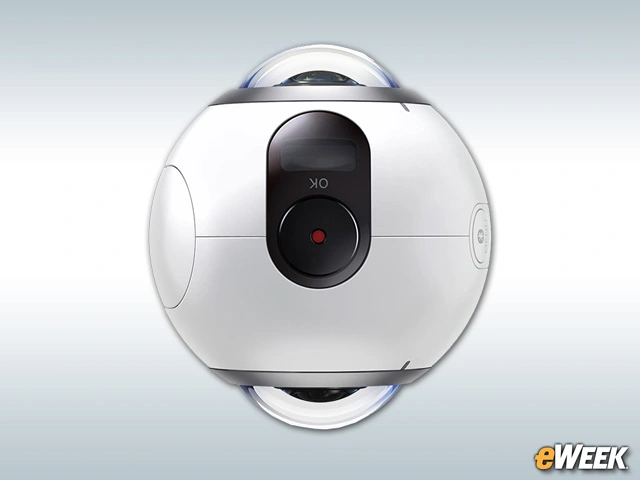
Samsung Supports Its Own Devices First
Samsung is fully committed to supporting its own devices. In fact, the company's Gear 360 works with its Galaxy S6 and above, as well as the Galaxy Note 5. In addition, users can watch their creations on its Gear VR headset. Those who don't own a Samsung device, though, might find the Gear VR experience rather lacking.
-
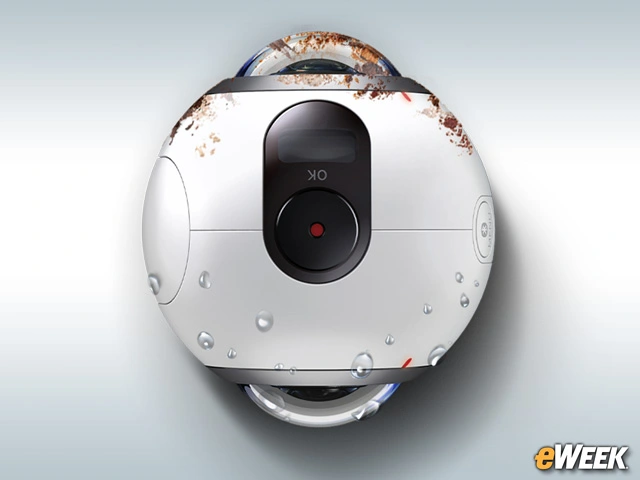
High-Quality Outdoor Performance Is Important
Capturing 360-degree video is partly about creating environments that people would like to explore either in their browser or with a virtual-reality headset. So, outdoor-friendliness is important. While it's unknown how Facebook-inspired concepts will perform against the elements, both LG and Samsung say their devices are capable of being used outside. In fact, Samsung has gone so far as to say that its camera has an IP53 rating, meaning it can hold up against "harmful deposits of dust and against water sprayed at any angle up to 60 degrees from the vertical."
-
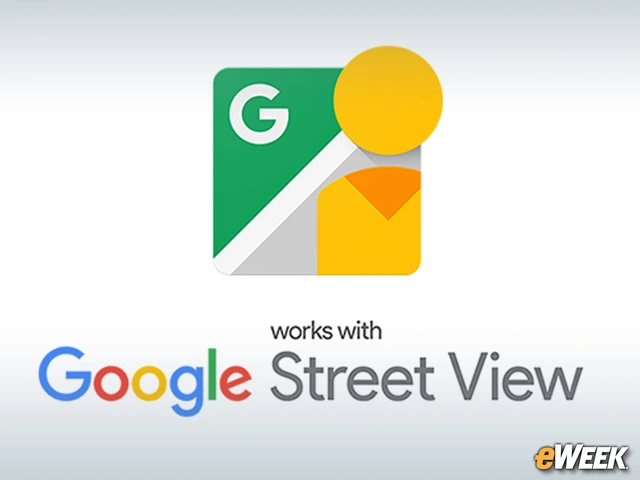
Don't Forget There's a Software Component
o Google's StreetView, adding another platform on which its Gear 360 creations can go.
-
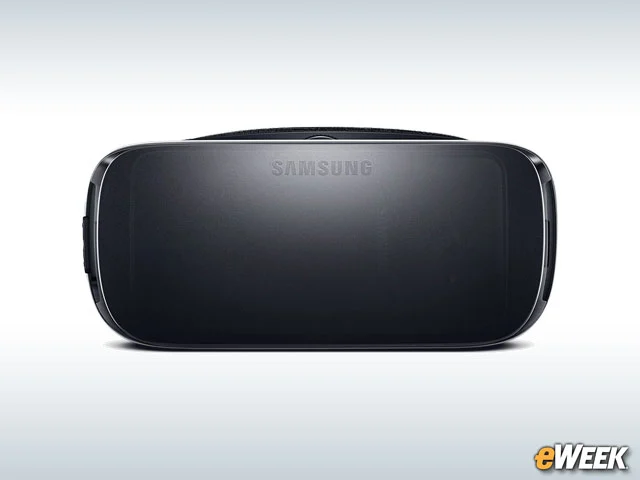
360-Degree Video Was Made for Virtual-Reality Headsets
While all of the cameras in this roundup are designed to create 360-degree environments that can be viewed on smartphones, social networks and other platforms, 360-degree video is important for virtual reality content. Too often, people think that virtual-reality headsets can only showcase 3D, computer-animated content. That's not the case. And that's precisely why Samsung, LG and Facebook want to get into the market and prove there's more value to a virtual-reality headset than fake worlds.
Facebook has become the latest major technology company to get into the 360-degree video market with the announcement at its F8 developers conference of a new camera. Facebook has open-sourced its device in hopes of growing what it calls a "3D-360 ecosystem" where other companies create cameras based on its specification. However, Facebook's camera concept isn't unique. LG and Samsung, along with several others, have offered cameras that can enable people to create 360-degree videos. And with a growing number of virtual-reality headsets like Oculus Rift reaching the market and selling well, consumers are showing an increasing interest in creating their own 360-degree content. Cameras from Facebook's partners, Samsung, LG and others are intended to satisfy emerging demand. Given the growing interest in virtual reality, this slide show compares Facebook's camera with the LG 360 Cam and Samsung Gear 360. While they all capture 360-degree content, there are significant differences. Read on to learn more.
- eWeek